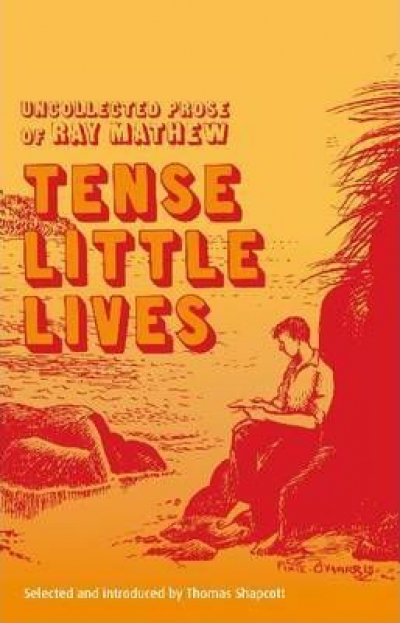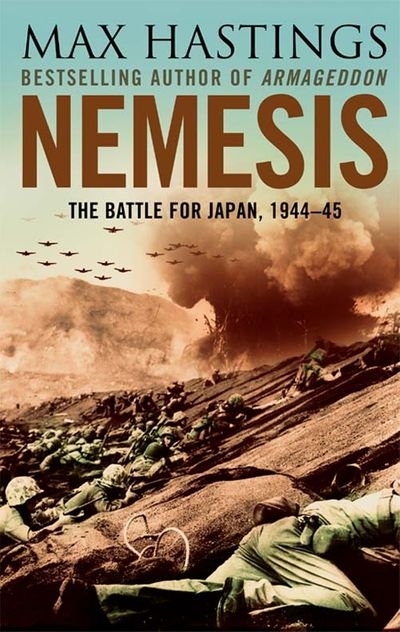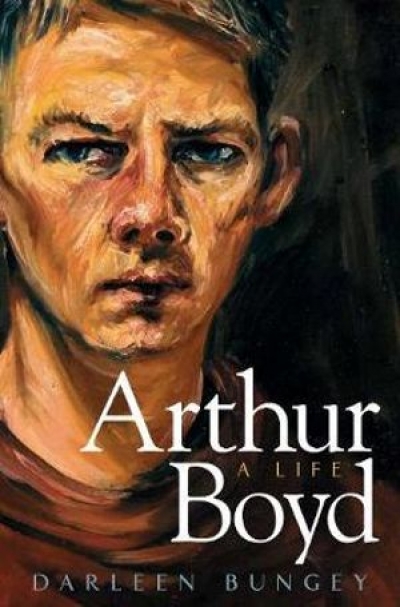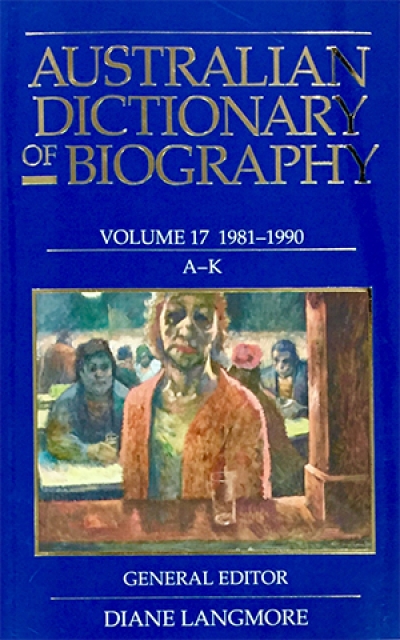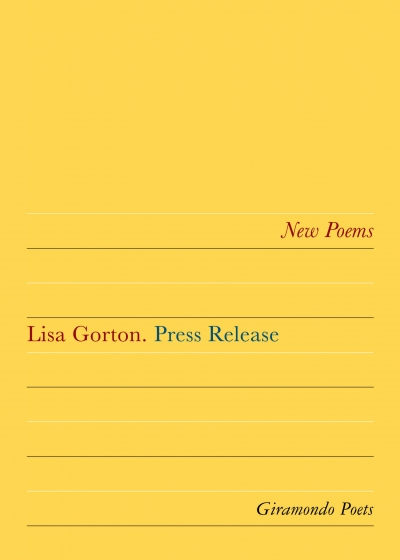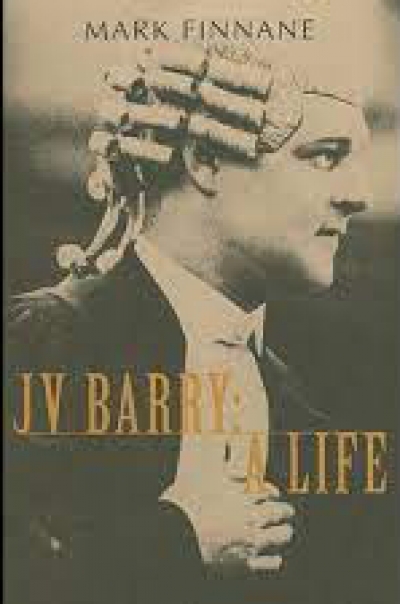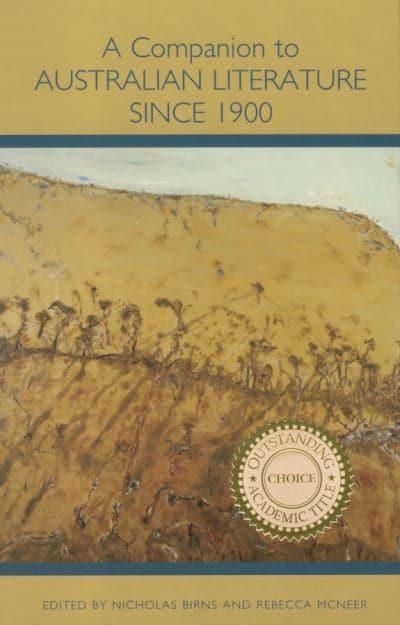Archive
Tense Little Lives: Uncollected prose of Ray Mathew edited by Thomas Shapcott
by Adrian Mitchell •
Magnificent Obsession: The story of the Mitchell Library, Sydney by Brian H. Fletcher
by John Thompson •
I have often admired the mystical way of Pythagoras, and the secret magic of numbers.
Sir Thomas Browne, Religio Medici
The real world is not given to us, but put to us by way of a riddle.
Albert Einstein
In the kitchen of my mother’s houses there has always been a wooden stand with a ...
Australian Dictionary of Biography Vol. 17, 1981–1990, A–K edited by Diane Langmore
by Geoffrey Blainey •
During a lull in the fiercest weather event the south-east of the continent has seen in thirty years – we call them ‘events’ these days, as though someone’s putting them on – I went out on a Sunday morning and bought myself a book.
I should tell you that we live on an acre in the country one hundred and t ...
A Companion to Australian Literature Since 1900 edited by Nicholas Birns and Rebecca McNeer
by Peter Pierce •

